What will 5G be used for? Self-driving cars, connected home appliances and incredibly smart cities
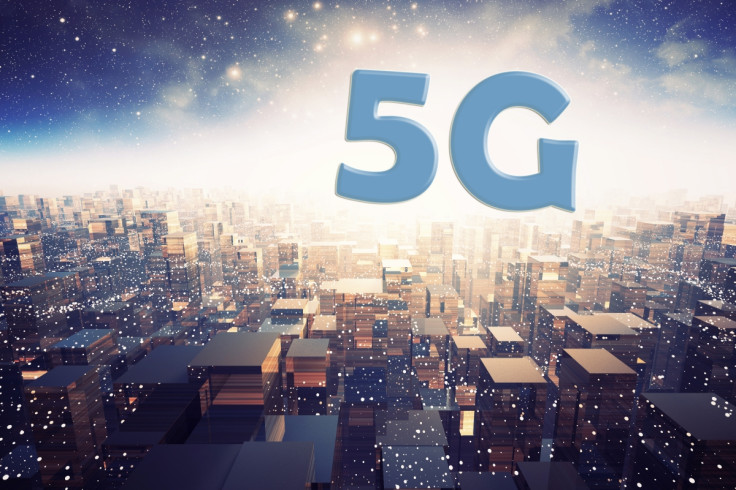
So you've just barely got your heads around the concept of super-fast 4G mobile broadband, and now the tech industry wants to introduce the idea of 5G. 5G will be ultra-fast mobile broadband exponentially more powerful than any wireless internet we have today.
The exact international standards to define what 5G is have yet to be set, but global mobile standards body GSMA has set a deadline of 2020 for 5G networks to be rolled out. At the moment, 4G offers an average mobile internet download speed of 15Mbps, but the UK communications regulator Ofcom believes 5G mobile should be able to deliver speeds of between 10-50Gbps.
Communications technology provider Ericsson has been dreaming of a 5G world since 2013 and is pushing for a concept called "Network 2020", where everything in our world is constantly connected in the Internet of Things (IoT) as the 5G network has so much more bandwidth than ever before.
"If 4G is like a lake, 5G will be an ocean," Erik Kruse, Ericsson's Networked Society evangelist and director of the Networked Society Lab, tells IBTimes UK.
But how would it work in reality, and why do we need 5G when we've already got super-fast mobile internet? Here is what Ericsson thinks the future will look like:
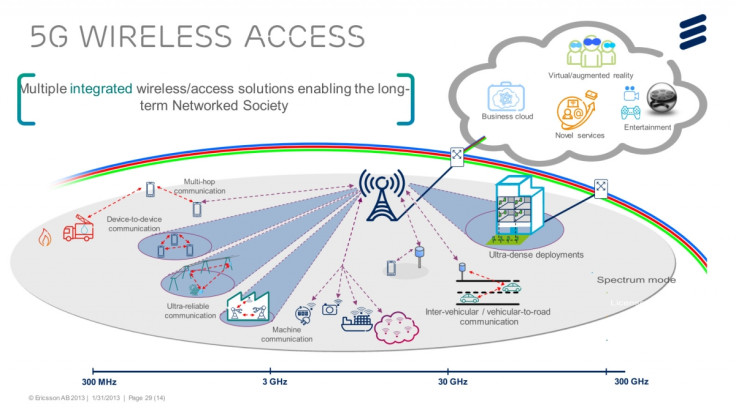
5G will be used in self-driving cars
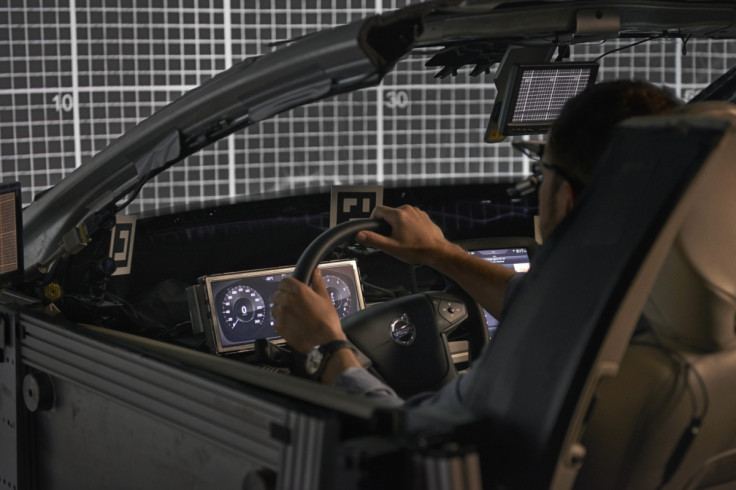
Tech companies like Google and Apple are racing to create self-driving cars, but behind the scenes car manufacturers are also researching the technology. According to Kruse, 5G will enable self-driving cars and connected cars to share information with each other, so if an accident occurs, the car closest to the accident can wirelessly send information back to all the cars behind it on the highway.
Not only that, but the sensors in the car will be able to take more accurate measurements about weather conditions in different geographic locations, and that data can then be sent over the 5G network back to the cloud so that the self-driving car can calculate a better route to take and make adjustments to your journey.
5G will create smart connected transportation
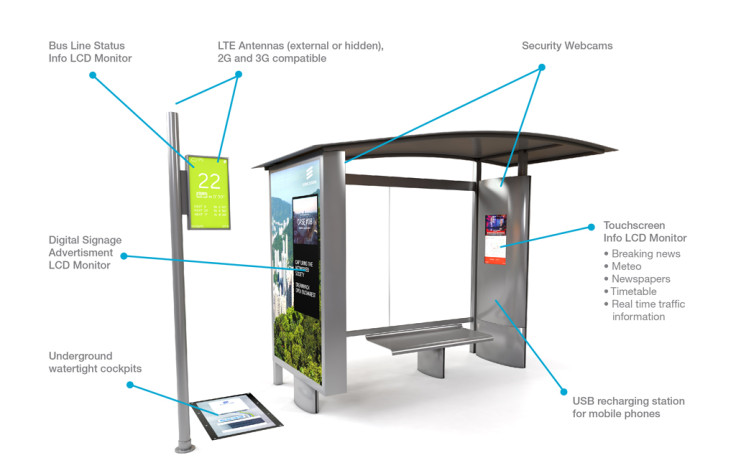
But it's not just cars – 5G will enable vehicles to talk to each other, which would make flexible bus management possible, whereby the bus stops tell the bus whether there are any people waiting, and people can press a button in a smartphone app to tell the bus that many people are waiting at a particular stop. This will enable bus drivers to skip bus stops where there are no people waiting, and for bus operators to send out additional buses if there is congestion due to tube strikes or traffic jams.
Not only that, but say you're in a self-driving car and you're approaching a traffic jam. According to Kruse, 5G will enable the car to make new calculations about a possible faster route to get you to work.
"If the traffic is bad, the car offers you an alternative. It can log on to the internet and book you a train ticket for the second part of your journey, and then for the third part of the journey, it can automatically rent a bike for you. Then it drives you to the train station," he says.
"Then if the traffic is better when you're ready to go home at the end of the day, the self-driving car will come and pick you up at work for the return journey."
5G will connect all the appliances in your home
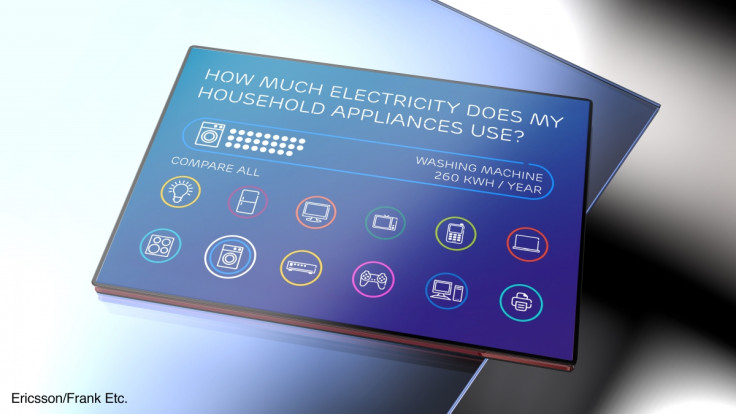
Today, if you're watching a TV show or listening to music and you decide to move from one room to another, you either need to bring a portable device with you so you can continue watching, or you need to go to the new location and turn on your computer, game console or TV and load up the music or TV show again.
In future, you won't have to do this any more, explains Kruse, as 5G will enable all your electronic appliances to talk to each other. Instead, your loud speakers in different rooms would wirelessly talk to each other and a music app, for example Spotify, will start playing exactly where it left off.
Not only that, but connecting your appliances means that you will be able to monitor how much electricity each of your appliances is using. And if you have solar panels, you will be able to see how much electricity is generated from that and perhaps even sell it back to the electricity grid if you have too much.
5G will transform emergency services

Have you ever been in a dense area with huge crowds of people, such as the city at midnight on New Year's Eve? You'll probably have noticed how hard it is to get mobile signal to call your family or even book a cab to take you home. In future, you won't have to worry about mobile signal dropping during an emergency situation, when you need it most.
"With 5G, you can prioritise traffic on the wireless network for the police and emergency services, giving that location more bandwidth, without affecting the rest of the network," explains Kruse. "In the US, the police are already using the 4G-LTE network for this purpose, but you will have even more bandwidth with 5G."
Not only that, but firemen entering burning buildings or disaster zones will be armed with helmets that have cameras and the capability to stream video from their helmets live back to mission command, where they can be advised on how to handle tricky rescue missions.
5G will reinvent the office
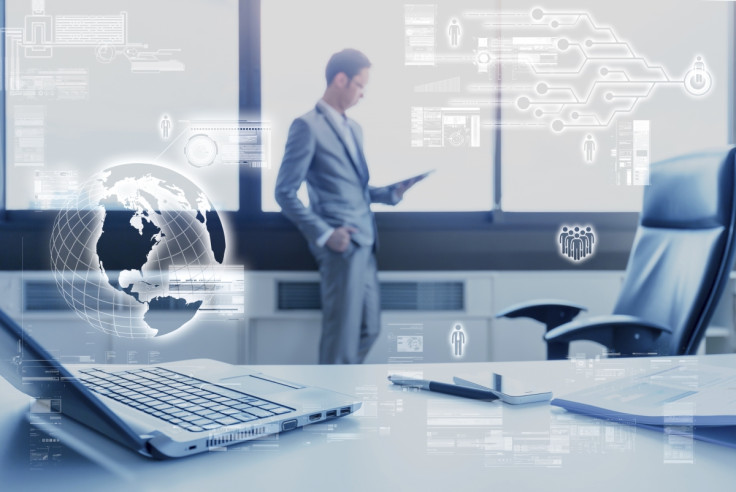
You would think that office buildings are already high-tech enough, what with steel skyscrapers complete with electronic access cards and biometric iris scanners, but Ericsson has a few ideas up its sleeves.
"The office of the future will have smart building management, so once people enter the lobby with their access cards, the building will know that lots of people are waiting and send down more elevators," said Kruse.
"Offices will also have the ability to broadcast real-time data onto the walls of the office, and a smart network system will be able to detect if it has been hacked and deal with the intrusion."
© Copyright IBTimes 2025. All rights reserved.






















